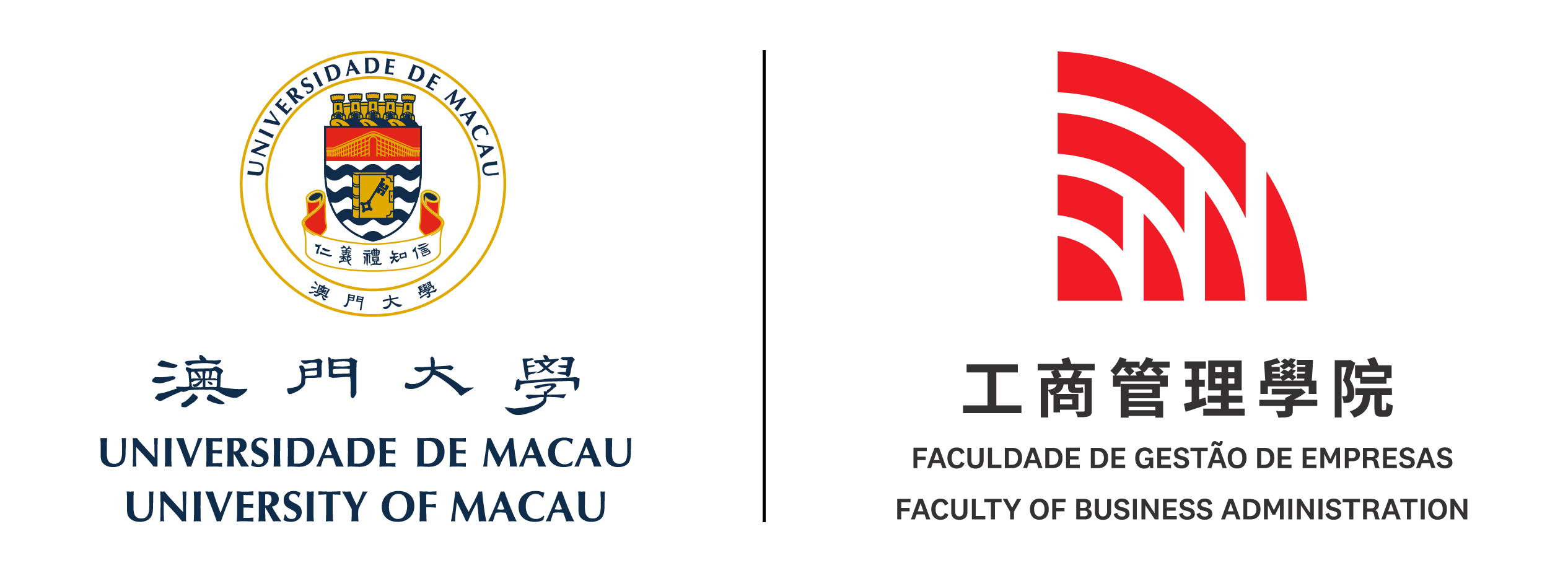SEMINAR SERIES No. 14/1314
Business Economics
Dean, School of Industrial and Management Studies
Polytechnic Institute of Porto, Portugal
&
Prof. Fernanda A. Ferreira
Adjunct Professor, School of Industrial and Management Studies
Polytechnic Institute of Porto, Portugal
Abstract
Game theory is a major method used in mathematical economics and business for modeling competing behaviors of interacting agents. Applications include a wide array of economic phenomena and approaches, such as auctions, bargaining, mergers, duopolies, oligopolies, general equilibrium and voting systems. It also has applications on political science, biology, philosophy, and so on.Although the study of games is many centuries old, more systematic developments in Game Theory took place in the first half of the 20th Century. In this Seminar, Prof. Flavio Ferreira will present some basic notions and some examples that illustrate the importance of this field.
The techniques of game theory are used to solve for the equilibrium of a duopoly market. In industrial organization, we find situations in which firms have to choose output levels or prices. There are three models of the duopoly theories that make use of the game theory:
– Cournot’s duopoly (1838): In this model, the firms simultaneously choose quantities;
– Bertrand’s duopoly (1883): In this model, the firms simultaneously choose prices;
– Stackelberg’s duopoly (1934): In this model, the firms move sequentially, choosing quantities.
Prof. Fernanda A. Ferreira will discuss and compare these models, which are crucial to understand markets’ behavior.
Date: June 11, 2014 (Wednesday)
Time: 11:30~13:00
Venue: J422
A Short Biography of Prof. Flavio Ferreira and Prof. Fernanda A. Ferreira
Prof. Flavio Ferreira received his his B.Sc. (in 1989), M.Sc. (in 1994) and Ph.D. (in 2000) in Applied Mathematics at Porto University, Portugal. Prof. Flávio Ferreira is the Dean of the School of Industrial and Management Studies (ESEIG) of the Polytechnic Institute of Porto, Portugal, since 2009. His main research interests are Game Theory and its application to Industrial Organization. In the past, he also developed his research in Dynamical Systems. He is co-author of the book Fine Structures of Hyperbolic Diffeomorphisms (Springer-Verlag, 2009). He participated in several research projects, published more than 50 research papers and gave about 46 communications in international scientific conferences, some of them as invited speaker. He was co-organizer of 10 symposia within international conferences, and he is reviewer of several scientific journals.
Prof. Fernanda A. Ferreira received her B.Sc. (in 1989), M.Sc. (in 2002) and Ph.D. (in 2007) in Applied Mathematics at Porto University, Portugal. Prof. Fernanda Ferreira is Adjunct Professor at ESEIG of the Polytechnic Institute of Porto, Portugal, since 2003. She teaches there from 1993. She is also Member of Scientific Council of ESEIG, since 2008; and Member of Pedagogical Council, from 2009 to 2013. Her main research interests are Game Theory and its application to Industrial Organization. She is co-author of two books written in Portuguese: one onLinear Algebra, and the other on Calculus. She participated in three research projects, published more than 50 research papers and gave about 70 communications in international scientific conferences, some of them as invited speaker. She was co-organizer of 10 symposia within international conferences, and she is reviewer of several scientific journals. She is member of the Coordinating Committee of Applied Management Research Unit (UNIAG). She is also member of the Research Centre for Economics, Finance, Management and Industrial Engineering (CIEFGEI).

